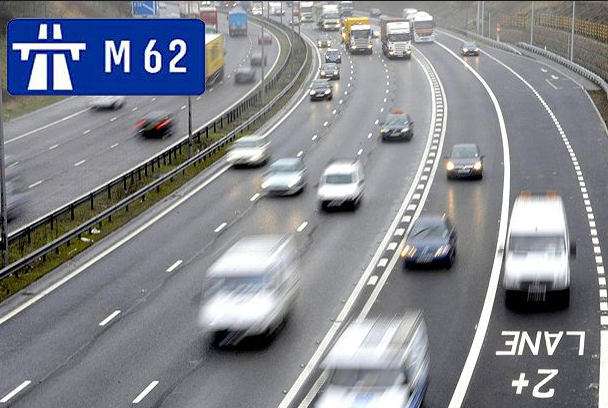I visited Bournemouth to participate in a day-long seminar on transport arranged by the Council for councillors and officials. My fellow speakers were my UCL colleague, Peter Jones, and Phil Jones, a consultant transport planner. My presentation Metz Bournemouth 14-4-16
We see that big cities such as London attract people to work, study and live, which results in higher population density and prompts investment in rail-based public transport since growth of mobility cannot be met by more cars on the road network. But for smaller cities and larger towns like Bournemouth, the route to more sustainable transport is less clear. Cars are popular and responsible for 67% of commuting trips in Bournemouth, substantially higher than the 44% for Brighton, another prosperous south coast resort, perhaps reflecting thre latter’s more youthful demographic profile and better co-operation between the local authority and the bus operators. There may be lessons to be learned from Brighton’s experience.
More generally, my sense is that smaller cities and larger towns need to decide what kind of a place they want to be, and then work towards that aim incrementally, using stick and carrots. A traditional aim has been to accommodate the car with plenty of cheap parking, thus attracting the trade of visitors. But then the volume of urban traffic lessens the sense of place and attractiveness of the destination. Pushing back the cars, for instance through higher parking charges, may be unpopular in the short term, but may generate a source of revenue that would allow attractive improvements to be made to the urban realm. Fostering bus services and cycling by means of appropriate infrastructure investment is the carrot to balance the stick of parking constraints.
Breaking down the customary distinction between carriageway for vehicles and footway for pedestrians can be helpful in reducing conflicts and accommodating both, as the example of Poynton, Cheshire demonstrates.
In my presentation, I drew attention to evidence that travel in the twenty-first century is turning out to be different from travel in the twentieth, in particular that growing prosperity is no longer necessarily associated with increasing car use. This creates opportunities for policy initiatives in towns like Bournemouth that go with the grain of more sustainable trends.



